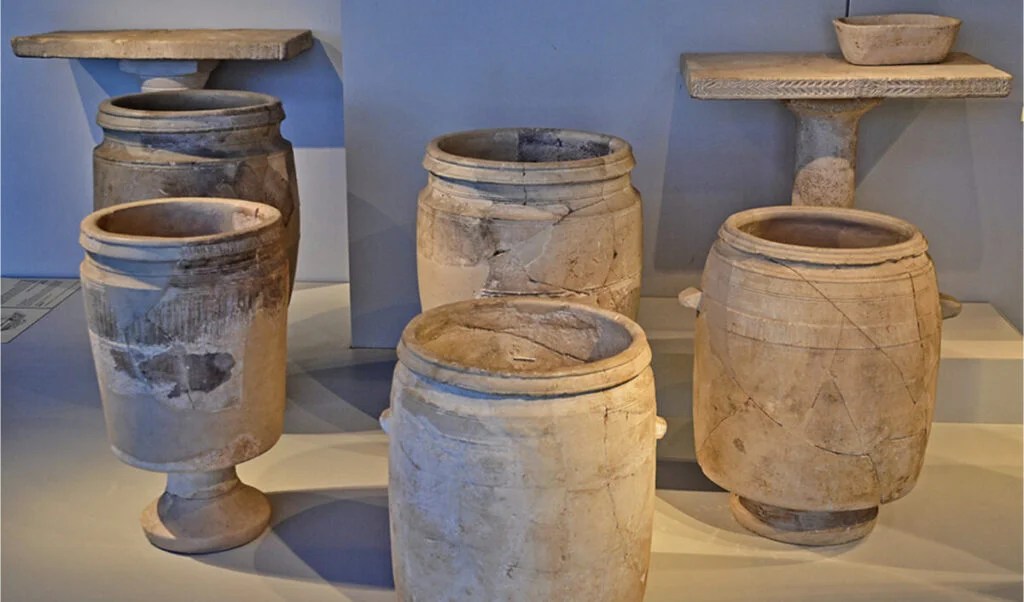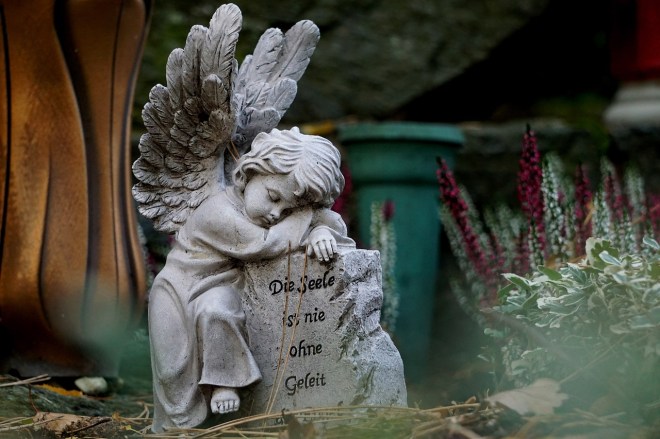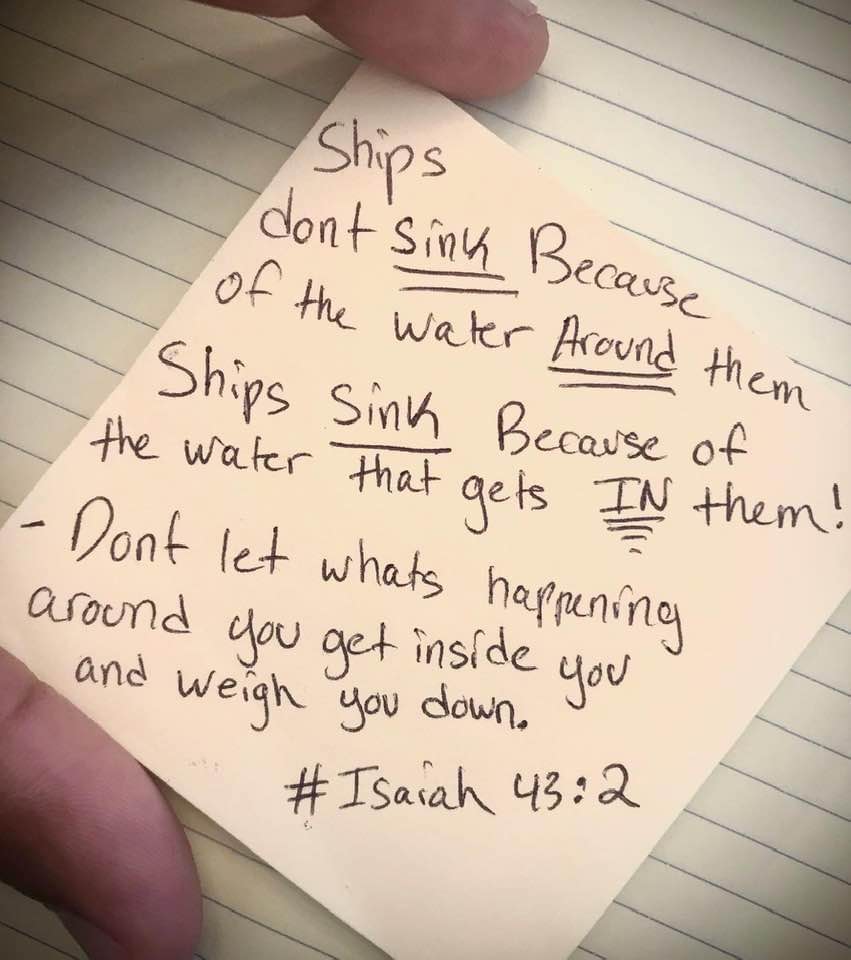
I’ve been thinking quite a lot lately about the miracle at the wedding in Cana, and why this is recorded as Jesus’ first miracle – His “coming out” party so to speak. While there are many more fantastic miracles, like healing dread diseases, casting out demons or bringing people back to life, the first sign a simple, almost trivial task that was by no means small or inconsequential. The symbology speaks volumes and imparts an overriding theme of redemption.
On the third day a wedding took place at Cana in Galilee. Jesus’ mother was there, and Jesus and his disciples had also been invited to the wedding. When the wine was gone, Jesus’ mother said to him, “They have no more wine.” “Woman, why do you involve me?” Jesus replied. “My hour has not yet come.” His mother said to the servants, “Do whatever he tells you.” Nearby stood six stone water jars, the kind used by the Jews for ceremonial washing, each holding from twenty to thirty gallons. Jesus said to the servants, “Fill the jars with water”; so they filled them to the brim. Then he told them, “Now draw some out and take it to the master of the banquet.” They did so, and the master of the banquet tasted the water that had been turned into wine. He did not realize where it had come from, though the servants who had drawn the water knew. Then he called the bridegroom aside and said, “Everyone brings out the choice wine first and then the cheaper wine after the guests have had too much to drink; but you have saved the best till now.”
John 2:1-10
There are so many things to do and see here…where do I start?
Let’s start with the stone jars. Jesus’ first sign involves vessels and that which fills those vessels. Like us, the jars were empty, they held nothing but air, and no doubt, a lot of hot air, I’d guess. Jesus had them filled with water, one of the most abundant elements on this earth, and one without which life cannot exist. He filled the sacred vessels with the “water of life” and then he transformed it. It was changed, because of Him. The plain water became something entirely different, something extraordinary. He is the one who can fill up the vessels, and He is also the one who can transform what those “sacred” vessels hold, make it different.
When viewed in the light of redemption, Jesus’ first miracle, His first sign is a foreshadowing of God’s game-plan. This whole simple episode involving ordinary people doing ordinary things becomes a road map of God’s salvation strategy. He makes himself available to us in a form that we can relate to, a human form. He meets us where we are, while we go about doing every-day things. He offers to fill us with His “living water” and transforms us. He changes us. We are born again, renewed, remade, and because of His work, we must live changed lives. To do anything less dishonors His suffering and death, and the miracle of His gracious gift of atonement.
~SLM










